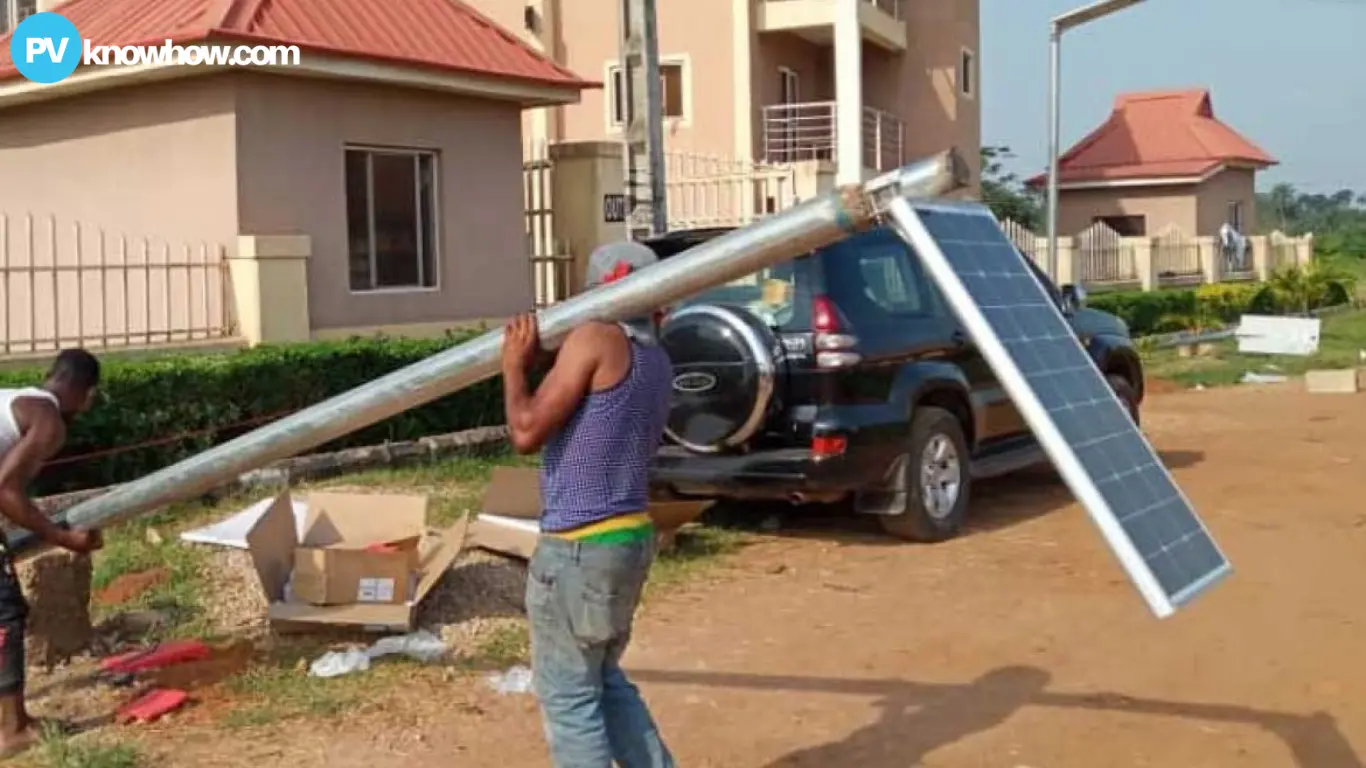Modibbo Adama University (MAU), Yola is stepping up its efforts to use solar energy for campus operations to reduce expenses and deal with the issue of electricity. On Tuesday, the Vice Chancellor of the university declared.
To Limit Reliance on Public Power Supply
The Vice-Chancellor, Professor Abdullahi Tukur, speaking at a press briefing as part of his accountability report at the end of his five-year term and in preparation for the 28th Convocation of MAU later in the week, expressed the university's commitment to developing its solar power system. He noted that relying on public power supply is becoming less feasible, prompting the university's resolve to pursue its energy solutions.
He highlighted that the removal of fuel subsidies, the fluctuation of the naira, and the rise in energy costs contributing to inflation have made the economy challenging for both individuals and institutions. The Nations reported.
"The soaring expenses associated with delivering fundamental services and utilities are significantly affecting the institution," expressed the VC, stressing that without swift and substantial interventions, "most, if not all universities, might struggle to supply power and water.”
REA and AfDB Co-fund the Solar Project
Professor Abdullahi Tukur, the university's Vice Chancellor, stated on Tuesday, voicing concern that without significant intervention from the federal government or relevant institutions, higher education establishments could soon face challenges in supplying electricity to students.
The VC elaborated that the solar energy initiative for Modibbo Adama University is slated to commence under a program led by Nigeria's Rural Electrification Agency (REA), with backing from the Africa Development Bank (AfDB) and additional sponsors.
As an alternative energy source for the university, the Vice Chancellor made it clear that the solar project will provide solar power around the clock. He disclosed that a certain region has been set aside for the installation of a photovoltaic farm and provided guidelines for the upkeep and continuation of the projected five megawatts of power. According to Professor Abdullahi Tukur, "Contracts have been awarded, and contractors and consultants have been given site access.”
Nigerian Government Supports Solar Initiative
The government's initiative to introduce renewable energy to federal universities through the Energising Education Programme (EEP) began in 2016 under the Rural Electrification Agency (REA).
This program — executed in three phases — aimed to provide reliable power supply to 37 federal universities by transitioning them off the national grid and onto clean energy, particularly solar power. The overarching goal was to promote sustainable development, enhance research capabilities, and retire numerous institutional generators.

Solar Powered Street Lamp for Nigerian School Campuses. Image: Collected
The EEP's implementation — supported by a significant US$105 million investment from the World Bank — addressed diverse areas, including power plant construction, street light installation for campus security, and distribution infrastructure rehabilitation. It also encompassed one year of operations and maintenance and the development of advanced workshop and training facilities.
Second Phase of the EEP in Progress
Despite challenges, data from the REA indicates significant progress in the first phase of the EEP, with nine universities and one teaching hospital successfully transitioning to solar hybrid and gas-fired captive power plants. These include prominent institutions like the University of Lagos, Usmanu Danfodiyo University, and Obafemi Awolowo University, among others, which previously experienced limited daily power availability.
In September 2023, the federal government initiated the second phase of the EEP, extending the solar energy project to an additional 12 federal universities and seven teaching hospitals nationwide.
This ongoing endeavour is aimed at expanding clean energy access to more educational institutions, with plans for the third phase to cover the remaining schools, ultimately ensuring all 37 institutions benefit from the transition to sustainable power sources.
